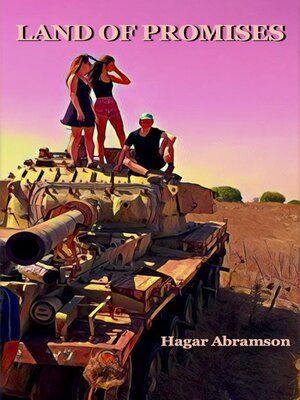
Sign up to save your library
With an OverDrive account, you can save your favorite libraries for at-a-glance information about availability. Find out more about OverDrive accounts.
Find this title in Libby, the library reading app by OverDrive.



Search for a digital library with this title
Title found at these libraries:
| Library Name | Distance |
|---|---|
| Loading... |
This book is my personal story of growing up in a country who's existence is continuously questioned. Does a promise by god need to be fulfilled by humans? What if it means overruling god's will that traumatised people wouldn't build a country - they weren't even allowed in. It's not for nothing that for forty years Mozes was roaming the desert with his people, so that only the new generation who didn't know slavery would be allowed into the promised land. Is a traumatised person capable of building a country without repeating his experiences, or not?
K'naan was inhabited, and so was Palestine. Obviously those who claim the land are in the position of the agressor, in front of those who are already tenanting. The jewish people don't see themselves as agressors, but as perpetual victims. Acts of aggression are seen as acts of heroism. Is it ok to seize and conquer a promise?
About my name. Hagar is an Egyptian name. According to the bible she was a slave to Sarah, who gave her to Abraham to bear a heir. Hagar gave birth to Ishmael, and this made Sarah jealous. So she demanded that Abraham get rid of her and her son, and he did. He sent Hagar with his first born to the desert to perish and it was god who saved her and Ishmael from death. The cruelty and injustice towards Hagar influenced my brother Shlomo as he exactly studied this story when my mother was pregnant with me. It's he who requested this name be given to me.
From what I've seen around me I can say one thing. The first born is not the one who inherits, but the second, by another mother, is. And you can say that the story of Hagar is continuously repeated in different variations. And a story of an individual finds its reflection in the story of an entire folk.
Hagar. October 2022







